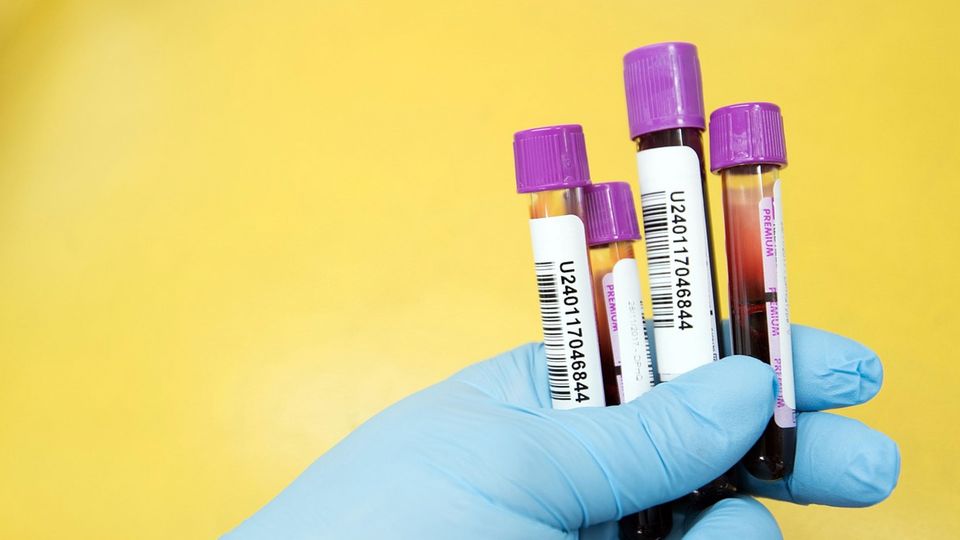Blood Test Could Predict Psychosis
Researchers have developed a breakthrough blood test that could predict schizophrenia and psychosis.

Complete the form below to unlock access to ALL audio articles.
A team of researchers led by Indiana University School of Medicine faculty have developed a breakthrough new blood test for schizophrenia, a psychiatric disorder that includes hallucinations and delusions.
Schizophrenia and related psychotic disorders affect over 3 million people in the United States. The new test identifies biomarkers in a person’s blood that can objectively measure their current severity and future risk for schizophrenia and match them to treatments that will be most effective for their individual biology.
“Schizophrenia is hard to diagnose, especially early on, and matching people to the right treatment from the beginning is very important,” said Alexander Niculescu, MD, PhD, Professor of Psychiatry and Medical Neuroscience at the IU School of Medicine, staff psychiatrist and investigator at the Richard L. Roudebush Veterans Administration Medical Center in Indianapolis and senior author on the study. “Psychosis usually manifests in young adulthood — a prime period of life. Stress and drugs, including marijuana, are precipitating factors on a background of genetic vulnerability. If left unchecked, psychosis leads to accumulating biological damage, social damage and psychological damage.”
In a study published in the high impact Nature Publishing Group journal Molecular Psychiatry, researchers tested psychiatric patients that they followed for over a decade. They identified biomarkers that were predictive of high hallucinations and high delusions states, as well as future psychiatric hospitalizations related to hallucinations and delusions. They also studied which biomarkers are targets of existing drugs, which enables matching of patients to the right treatments.
Want more breaking news?
Subscribe to Technology Networks’ daily newsletter, delivering breaking science news straight to your inbox every day.
Subscribe for FREE“Fortunately, biologically some of the existing medications work quite well if initiated early in the right patients,” Niculescu said. “Social support is also paramount, and once that and medications are in place, psychological support and therapy can help as well. There is still plenty left to understand and apply about cognition and its abnormalities, but there is reason for optimism in this era of emerging precision psychiatry.”
Other study authors include M.D. Hill; Sumanpreet Singh Gill;Helen Le-Niculescu, PhD; O. MacKie; Rowan Bhagar; Kyle Roseberry, MD; Olivia Kay Murray; H.D. Dainton; and S. K. Wolf of the IU School of Medicine; Anantha Shekhar, MD, PhD of the University of Pittsburgh School of Medicine and the IU School of Medicine; and Sunil Kurian of the Scripps Research Institute.
The test is anticipated to be available later this year from the IU spin-out company MindX Sciences. For more information about precision psychiatry and blood testing, visit the MindX Sciences website.
Reference: Hill MD, Gill SS, Le-Niculescu H, et al. Precision medicine for psychotic disorders: objective assessment, risk prediction, and pharmacogenomics. Mol Psychiatry. 2024. doi: 10.1038/s41380-024-02433-8
This article has been republished from the following materials. Note: material may have been edited for length and content. For further information, please contact the cited source.

